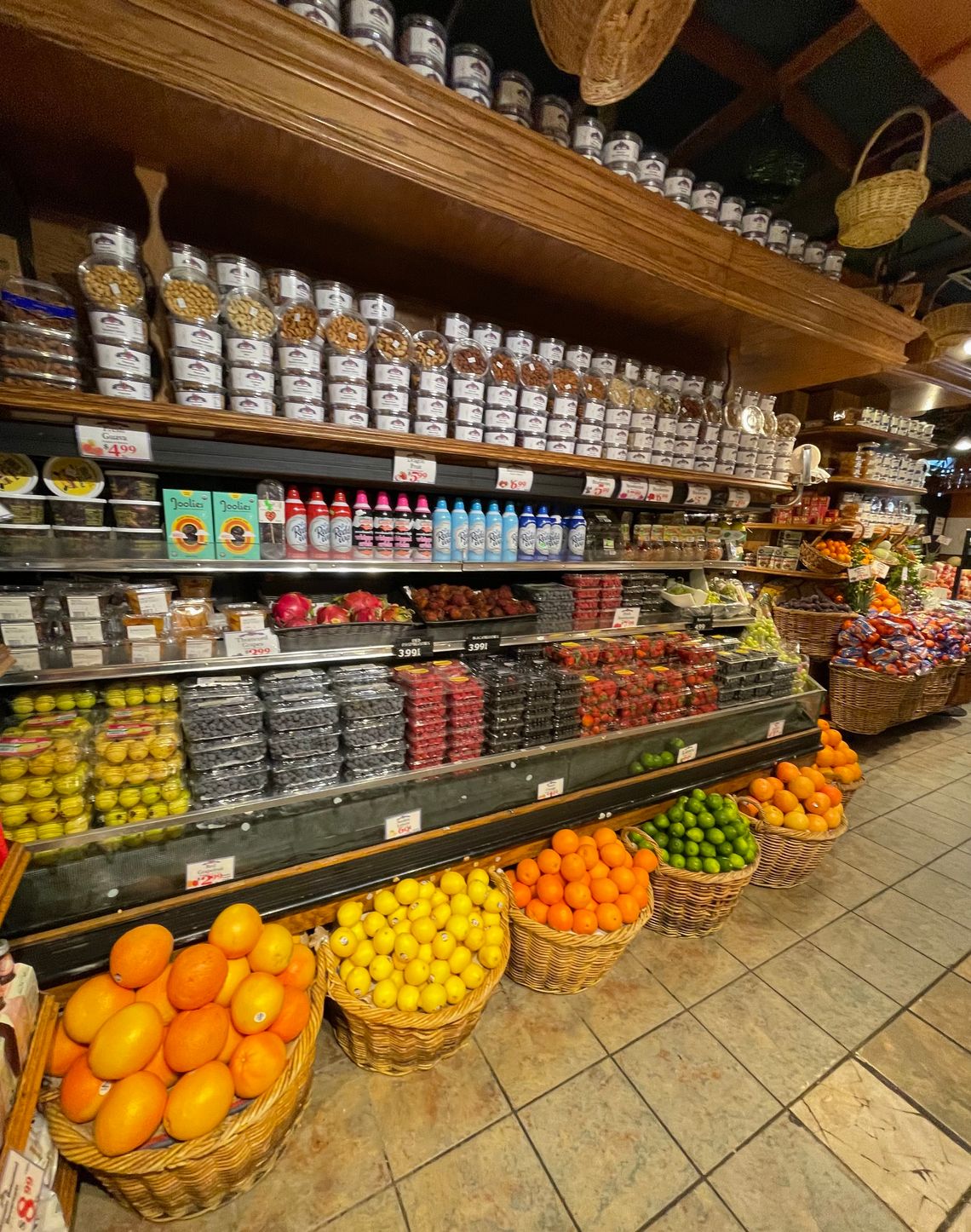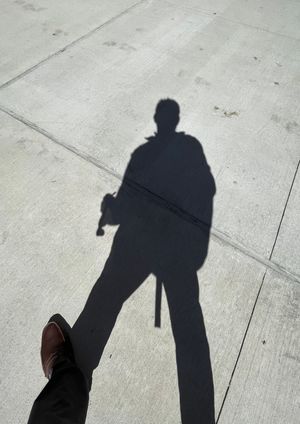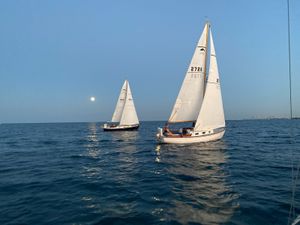
Quantum information in the grocery.
Chicago (October 11, 2022) - If you are like me, you've stumbled across a few explanations of what was illuminated in this year's Nobel Prize winner's science results confirming our universe is not "locally real," which detected that observation has an unextractable effect on the object being observed, and entangled particles act in tandem without regard to distance between them, at least at the quantum level.
Have you ever wondered why a grocery store has an entire aisle, maybe a 1/10th of the available shelf space, devoted solely to sugary sodas? I haven't purchased a 2-liter of pop in at least 25 years, but yet I have to transit the splurged space on the retail floor on the regular.
What the grocer puts on the shelf has as much to do with what we take off of it as what they put on it. Similarly, when you encounter a traffic snarl it feels like an intractable incident that is external and outside our control, and yet you are an essential component of it, Rob Bell observes in his podcast, "Hope - Part 2."
The Social Dilemma portrayed a nefarious group of actors with sophisticated algorithms and analytics that identify our deepest human impulses from which to uniquely stream back to us. But isn't it much simpler? If I, as well as many others, bring home that 2-litre of coca-cola, it makes sense the grocer will inevitably restock it. More demand garners more [shelf] space.
In almost every setting we are the object as much as the observer; and the observed cannot help but be changed by the observation. It took a long time for me to realize I had influence by just being in the room; it could be in a calculus class in which I never asked a question, or in a stadium in which I am one of thousands of seemingly anonymous raving fans. But even in a venue of countless aficionados, doesn't my presence count?

